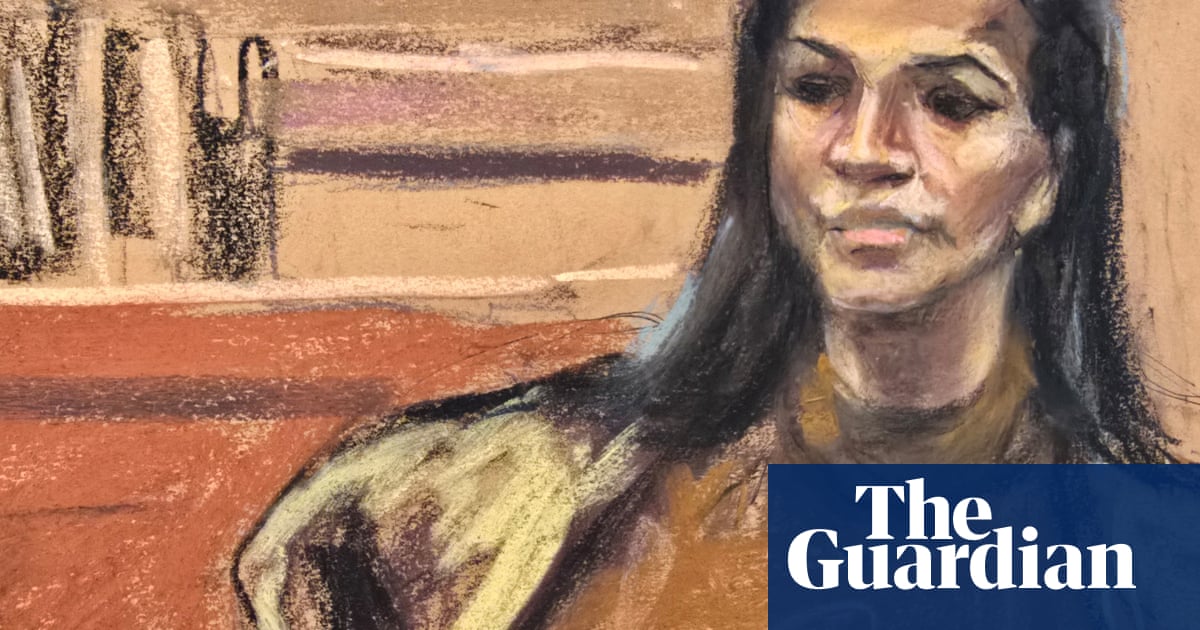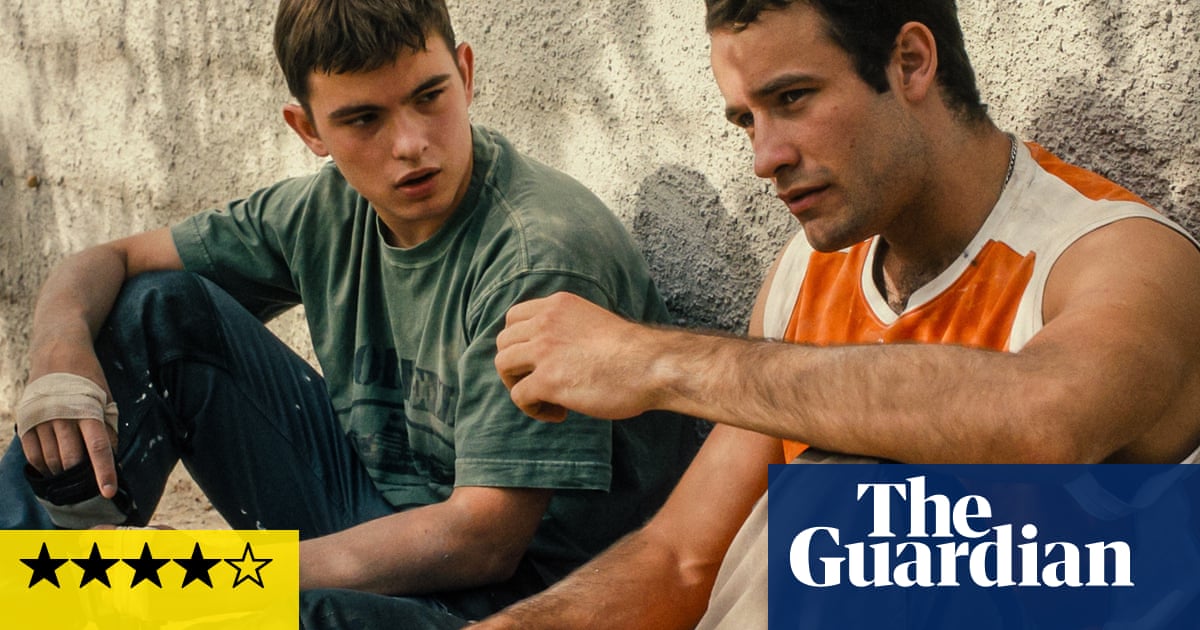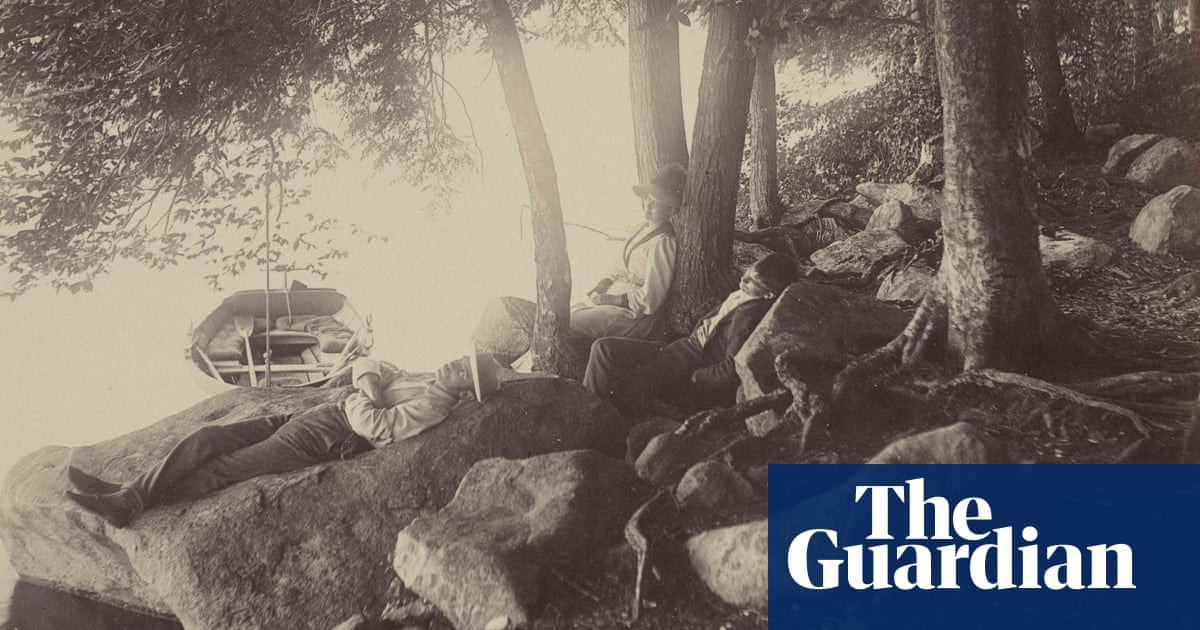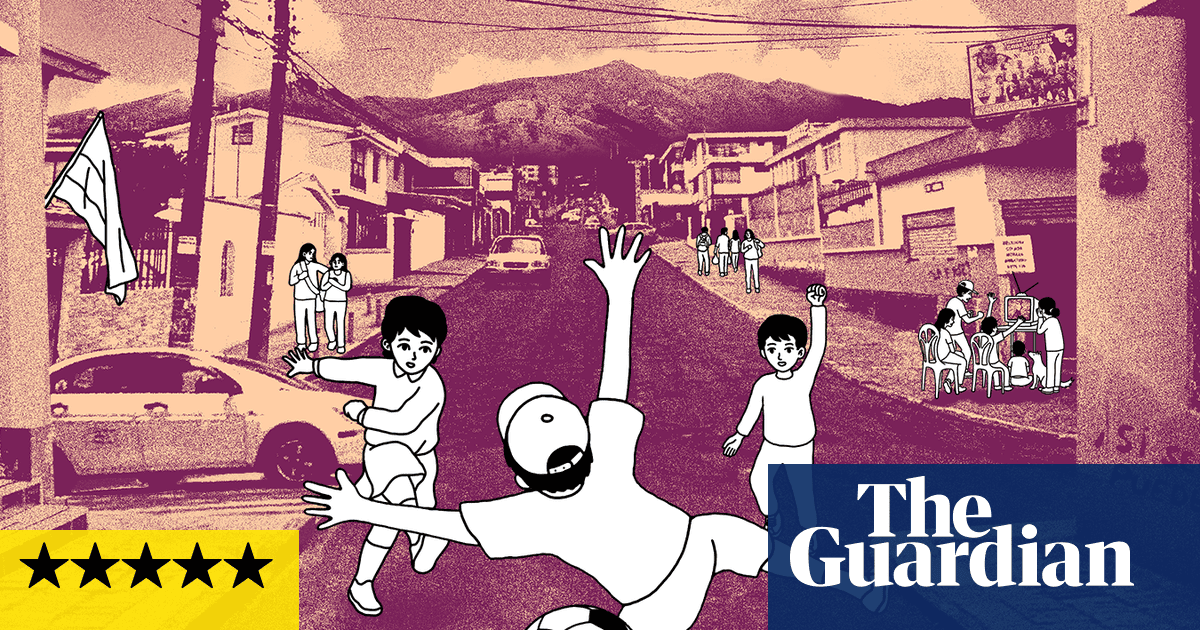Humans are not unique in having a host of hygiene and healthcare habits, researchers have found: chimpanzees also wipe their bottoms, tend each other’s wounds and even clean up after sex, according to a new study.
The research from the University of Oxford is not the first to show that great apes take care of themselves. Scientists have previously found chimpanzees use insects to treat their own wounds and those of others, while orangutans have been observed treating wounds with the sap and chewed leaves of plants with known medicinal properties.
However, the researchers say their study offers fresh insights into such behaviour in chimpanzees, revealing they too apply chewed plant material to their wounds, and suggests health-related care could be more widespread among these primates than previously thought.
“We humans like to fancy ourselves unique in lots of different ways. And I think for a long time, we thought that healthcare was one of those ways in which we humans are special,” said Dr Elodie Freymann, one of the authors of the study.
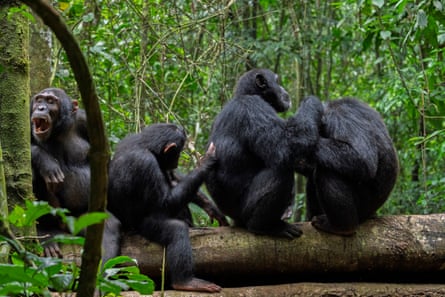
But, she added, studies including the new work are showing animals in the wild know how to take care of themselves – and use such skills on others – when sick or injured.
That, Freymann added, does not just have implications for the origins of modern human healthcare systems, but also for the much-debated idea that non-human animals are capable of empathy or altruism.
“I think the more that we find cases of animals helping each other with no immediate benefit to themselves, the more we compile evidence to show that that’s something that’s also not as uniquely human as we once thought,” she said.
Writing in the journal Frontiers in Ecology and Evolution, Freymann and colleagues report how they studied the Sonso and Waibira communities of east African chimpanzees in Uganda’s Budongo Forest.
The team combined fresh observations from a four-month period for each community with observations of the Sonso community recorded over three decades.
The data revealed chimpanzees were typically wounded either through fights with each other or by snares, with the team identifying 23 cases of self-care for wounds across both communities, ranging from licking wounds, dabbing with leaves and pressing with fingers, to the application of chewed leaves.
“Some of the plants that the chimps seem to be targeting to apply to their own wounds have known wound healing properties and also have known bioactive properties related to wound healing or preventing against infection,” said Freymann, although she said it is unclear if the chimps were aware of such attributes.
The chimps also engaged in other forms of self-care such as using leaves to wipe their genitals after sex – or their bottom after having a poo – as well removing snares from themselves.

The team also found cases of chimpanzees in the Sonso community helping each other – even when unrelated – with actions including removing a snare, tending wounds, and – in one case – wiping the penis of a peer after sex.
Dr Caroline Schuppli, of the Max Planck Institute of Animal Behavior in Germany, who was not involved in the study, said the research was valuable and informative, and will help guide future researchers identify key behaviours in the field.
Schuppli also noted the existence of such behaviours in chimpanzees has implications for the origins of healthcare in humans.
“I think it means for sure that the cognitive capacities that you need to perform these behaviours, they’re shared between humans and chimpanzees,” she said. “And it’s very likely that our common ancestors already had these capacities.”

 6 hours ago
6
6 hours ago
6
